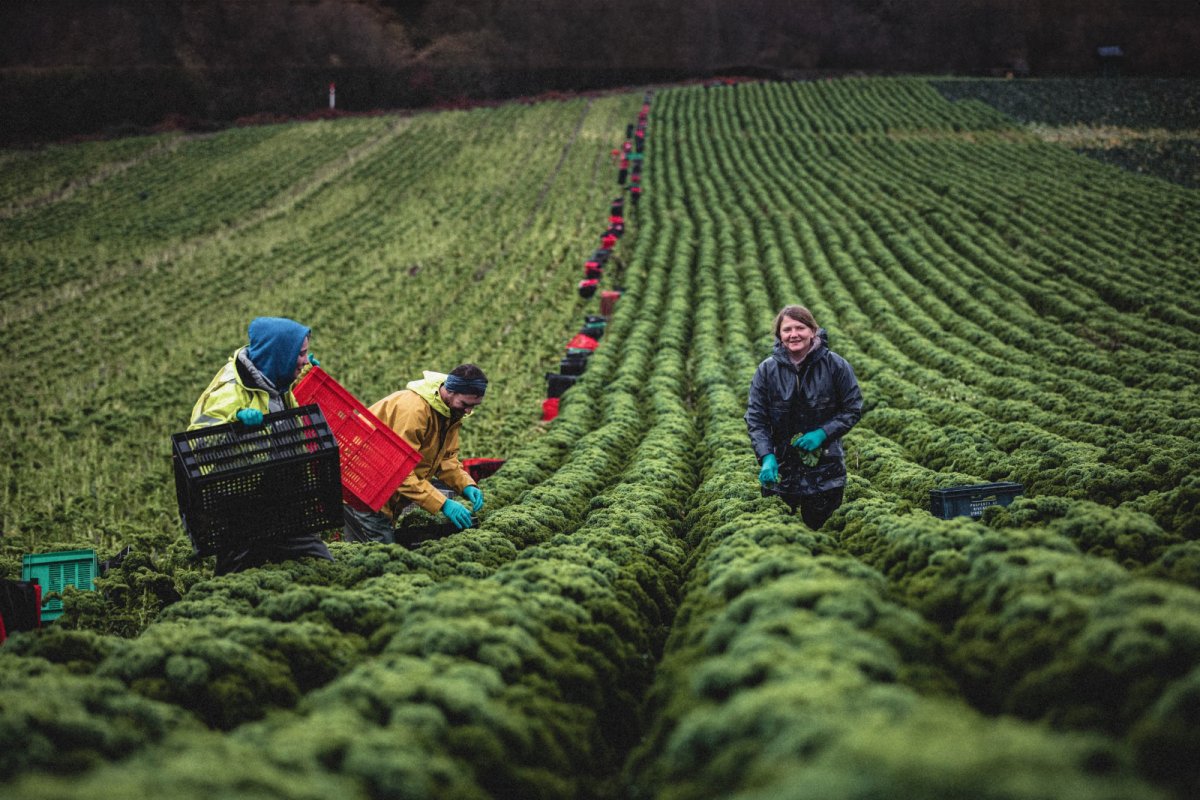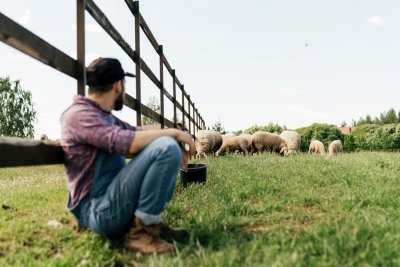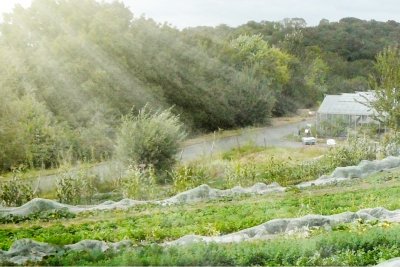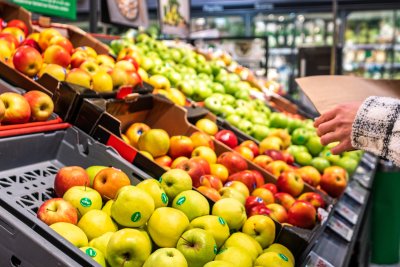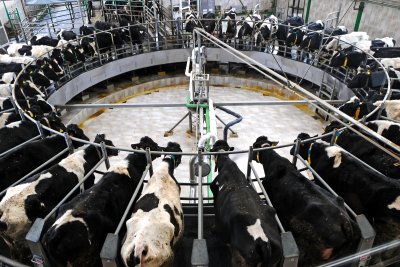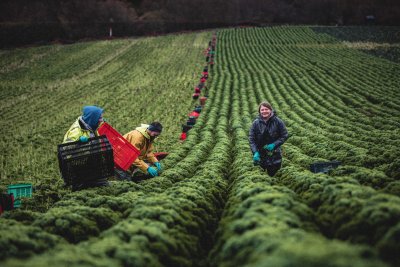 Riverford farmers. Copyright: Riverford
Riverford farmers. Copyright: Riverford
New report explores Employee Ownership as an agroecological business model
A new report from The Open University, in collaboration with Riverford Organic Farmers and Sustain, looks into the potential of employee ownership (EO) for the UK’s food and farming sector.
The report, titled Managing Employee Ownership Transitions for Sustainability in Food and Farming Enterprises: Learning from Riverford Organic Farmers, delves into how Riverford transitioned to becoming 100% employee-owned, and offers practical guidance for other businesses considering EO as a model for securing their future. The report explores how EO can lead to greater resilience, sustainability, and growth while aligning with environmental and ethical business practices, and examines the policy changes needed to support more transitions to EO in the UK.
Key Points from the Report:
- Sustainability through EO: The report highlights how EO helps businesses balance profit with the needs of people and the planet. Riverford's B Corp certification exemplifies its commitment to environmental sustainability while also fostering a workplace culture of fairness and engagement.
- Cultural and Leadership Shifts: The transition to EO requirs significant cultural shifts. Riverford implemented leadership training, performance reviews, and open communication structures to empower employees. EO also helped transition the leadership structure from top-down to a more horizontal and inclusive model.
- Long-term Resilience: EO has helped Riverford build long-term resilience by protecting the business from external pressures like mergers and acquisitions, ensuring that its mission and values are preserved for future generations.
- Economic and Environmental Benefits: EO fosters innovation and productivity by empowering workers with a stake in the company’s success. In food and farming enterprises, this model can drive improvements in environmental sustainability, reduce staff turnover, and enhance employee engagement.
- Recommendations for Policy and Support: The report calls for increased government support to streamline EO transitions, providing access to capital, and raising awareness of the benefits of EO in the food and farming sector. It emphasises the need for accessible funding and reduced legal barriers to help smaller enterprises transition to this model.
Will White, Sustainable Farming Coordinator at Sustain said:
Employee ownership offers a powerful business model that aligns perfectly with the principles of agroecology. By giving employees a stake in the business, EO enables companies to maintain their commitment to sustainable practices, ensuring that core values around environmental stewardship, fair labor, and local food systems are preserved over the long term. This model not only supports business resilience but also fosters innovation and collaboration, creating the right conditions for agroecological enterprises to thrive while staying true to their mission.
Explore the full report.
Sustainable Farming Campaign: Pushing for the integration of sustainable farming into local, regional and national government policies.
Sustain
The Green House
244-254 Cambridge Heath Road
London E2 9DA
020 3559 6777
sustain@sustainweb.org
Sustain advocates food and agriculture policies and practices that enhance the health and welfare of people and animals, improve the working and living environment, promote equity and enrich society and culture.
© Sustain 2025
Registered charity (no. 1018643)
Data privacy & cookies
Icons by Icons8
